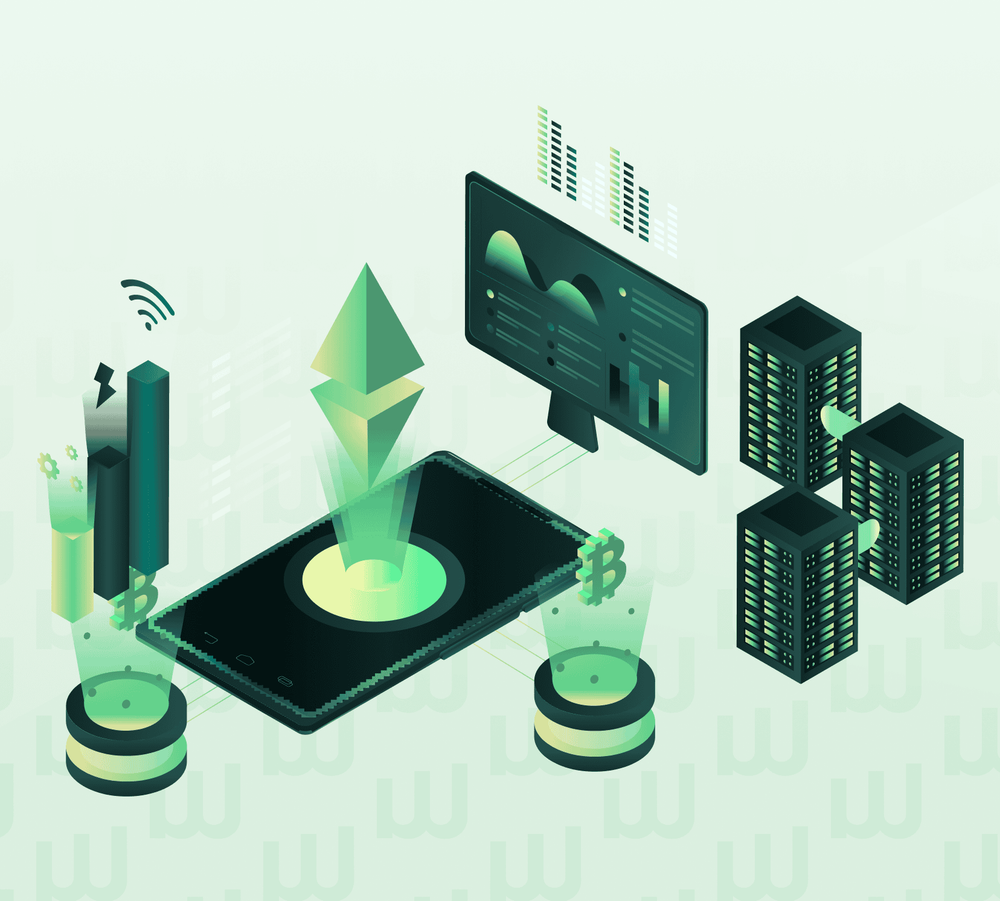In a world dominated by centralization, decentralized applications (DApps) are revolutionizing the digital ecosystem. Thanks to Ethereum, these applications offer greater transparency, security, and user autonomy. Discover what they are, how they work, and why they are transforming technology.

Decentralized applications, or DApps, are changing the way we interact with technology. Unlike traditional applications, DApps operate on blockchain networks, eliminating intermediaries and giving users greater control over their data and transactions. Ethereum has been the driving force behind this revolution, providing the necessary tools to develop this new type of software.
🔗 Definition DApps are applications that run on a blockchain without a central entity controlling them. This ensures greater security, censorship resistance, and transparency in their operations.
⚙️ Key Elements of DApps
Ethereum has been the leading blockchain for DApp creation thanks to its ability to support smart contracts. Its programming language, Solidity, allows developers to build decentralized applications with great versatility and security.
💡 Advantages of Ethereum for DApps: ✅ A solid and reliable network with thousands of validator nodes.
✅ A robust ecosystem with a large developer community.
✅ Compatibility with multiple token standards (ERC-20, ERC-721).
🌍 Decentralized Finance (DeFi): Platforms like Uniswap and Aave enable lending, exchanges, and yields without traditional banks.
🎮 Gaming and NFTs: Axie Infinity and Decentraland have revolutionized gaming with digital economies based on blockchain.
📢 Decentralized Social Networks: Applications like Lens Protocol eliminate censorship and give users full control over their data.
🛒 Decentralized Marketplaces: OpenSea allows the buying and selling of NFTs without intermediaries.
Although DApps offer great advantages, they are not without risks. It is essential to follow good security practices and be aware of potential vulnerabilities in smart contracts.
🔐 Security Recommendations:
DApps represent a significant shift in technology, providing a decentralized alternative to traditional applications. With Ethereum leading the way, the future of DApps looks promising, offering users greater control, security, and efficiency. As this technology evolves, more industries are likely to adopt decentralized applications in their daily operations.
Stay updated with the latest news, tips, and exclusive information